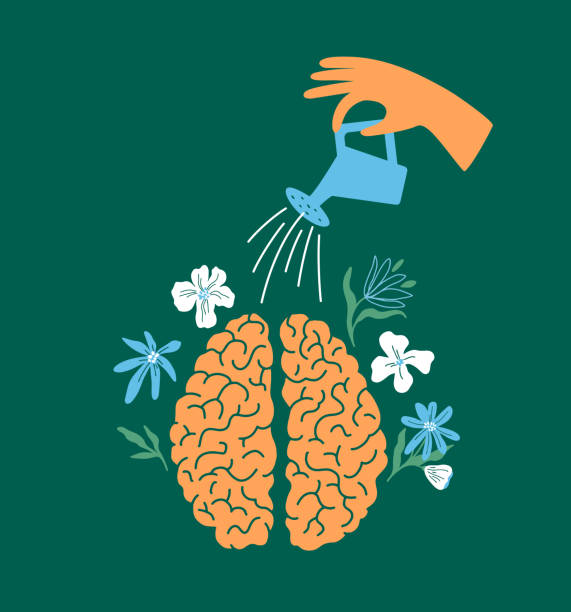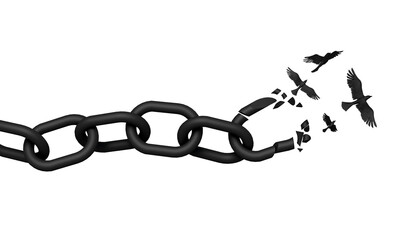How to Respond to a Stalker
Stalking victims often struggle to understand and report the offense. They may believe that such behavior “isn’t that big a deal” or that “it’ll stop eventually.”
If stalking occurs after a breakup, it can be difficult to determine whether the person is struggling to move on or developing threatening tendencies. Society has also tended to romanticize the idea of a dramatic, relentless pursuit of love, which may contribute to the confusion.
Stalking ultimately crosses the line when the victim feels in danger or threatened. If they feel that their life is in jeopardy, they should call 911. Otherwise, they should report it to their local police department.
How can you protect yourself from cyberstalking?
In addition to a typical safety plan, victims of cyberstalking may want to investigate technology-oriented security measures such as changing passwords and PINs, setting up a new email address, purchasing a more secure phone or computer, and turning off GPS tracking on all devices.
What is the emotional cost of cyberstalking?
Cyberstalking can be equally or more distressing than other forms of stalking, even though the perpetrator is not physically present and may even be far away. With the victim unable to see or identify the stalker, or know when they will next act of cyberstalking is highly disturbing. It can lead to anxiety, obsessive thoughts, sleep disturbances, and other symptoms of depression or trauma.
The Psychological Toll of Being Stalked
Stalkers seek to gain control over their victims. Persistent communication, tracking, and threats lead the target to feel unsettled and on edge.
Stalking can lead victims to feel nervous, stressed, and anxious They may have trouble falling or staying asleep or experience nightmares. They may lose their appetite. And they may experience symptoms of post-traumatic stress or depression.
Research suggests that many women who have been stalked experienced symptoms of depression and post-traumatic stress disorder such as hypervigilance, flashbacks, and avoidance. The unwanted behaviors most associated with those symptoms are receiving threatening calls and texts.
Victims may also take measures to protect themselves that fundamentally alter or interfere with the way they would otherwise live their lives, such as taking time away from work or school, changing jobs, or moving away.
What do I do If I am being Stalked?
In addition to reporting a stalker, victims can take the following steps:
- Avoid the stalker as much as possible.
- Explicitly state that communication should end; do not respond to further communication.
- Maintain a log of the stalker’s actions, including communication, unwanted visits, and police reports filed.
- Become educated about technology-related security measures.
- Find a local organization for support, information, and safety planning.
What does therapy for a stalker look like?
- The best methods of opposition to, and treatment of, stalking will depend on the stalker’s idiosyncratic psychological profile. Erotomanic or otherwise psychotic stalkers will prove to be extraordinarily resistant to treatment.
- A primary problem in treating stalkers is motivating them for therapy.
- By the very nature of the problem, stalkers are unlikely to report themselves for psychiatric or psychological treatment.
- Legal protections for stalking often become available only after the victim is already facing severe distress or violence.
- One avenue is to develop safe spaces in settings such as college campuses for individuals to disclose when they feel uncomfortable or at risk, such as after a breakup.
- Providing screening instruments for intimate partner violence, stalking, depression, and PTSD could help as well.
Conclusion
Stalking is behavior that is considered dangerous and threatening to the privacy of a person being stalked. It leads to mental health issues. The stalkers themselves need psychological help for the correction of their behavior. Up to 1 in 20 women will be stalked during her lifetime. The majority of victims are female, while the offenders are usually male. Stalking behaviors range from surveillance to threatening aggressive or violent acts. The majority of stalking relates to failed intimate relationships. Stalkers may also suffer from erotomania or obsessional love with a primary psychiatric diagnosis. Victims may experience anxiety, depression, guilt, helplessness, and symptoms of posttraumatic stress disorder (PTSD).
References
- https://www.psychologytoday.com/us/basics/stalking
- Abrams, K. M., & Robinson, G. E. (1998). Stalking. Part I: An overview of the problem. Canadian journal of psychiatry. Revue canadienne de psychiatrie, 43(5), 473–476. https://doi.org/10.1177/070674379804300504











Everything is very open with a clear description of the issues. It was definitely informative. Your site is extremely helpful. Thanks for sharing!